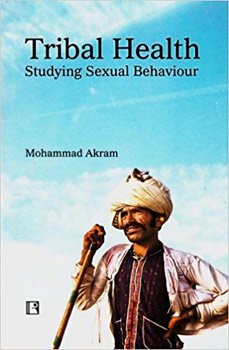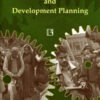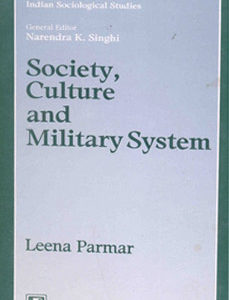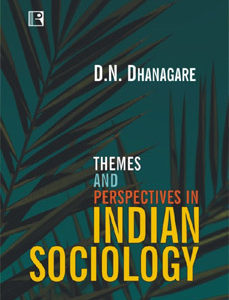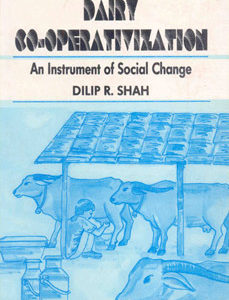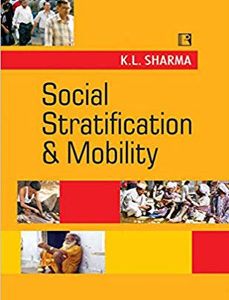TRIBAL HEALTH: Studying Sexual Behaviour
₹1,195.00 Original price was: ₹1,195.00.₹956.00Current price is: ₹956.00.
25 in stock
The onslaughts of health hazards in the form of STIs/STDs/HIV/AIDS have created new threats for all human societies transgressing the boundaries of the East or the West. The spread of these complications, which are sexually communicable, depend upon socio-economic environment, ecological patterns, cultural ethos, religious sanctions, sexual preferences, clinical or medical orientations, physical mobility, migration patterns and other family, marriage and kinship-related institutional structures.
This book attempts to understand how socio-cultural and economic environment of southern Rajasthan influences the sexual life of the tribal population of the region. It further examines how ‘change’ generating agencies and mechanisms have exposed the innocent tribal people to the menace of STDs making their life very tough and miserable not only socio-culturally but also politico-economically. The study is of great relevance not only to the sociologists and anthropologists, but also health practitioners, policy makers, social activists and public administrators.
| Author's Name | |
|---|---|
| Binding | |
| Release Year | |
| Language | |
| Publisher |
Related products
Sociology
Sociology
Sociology
Sociology

